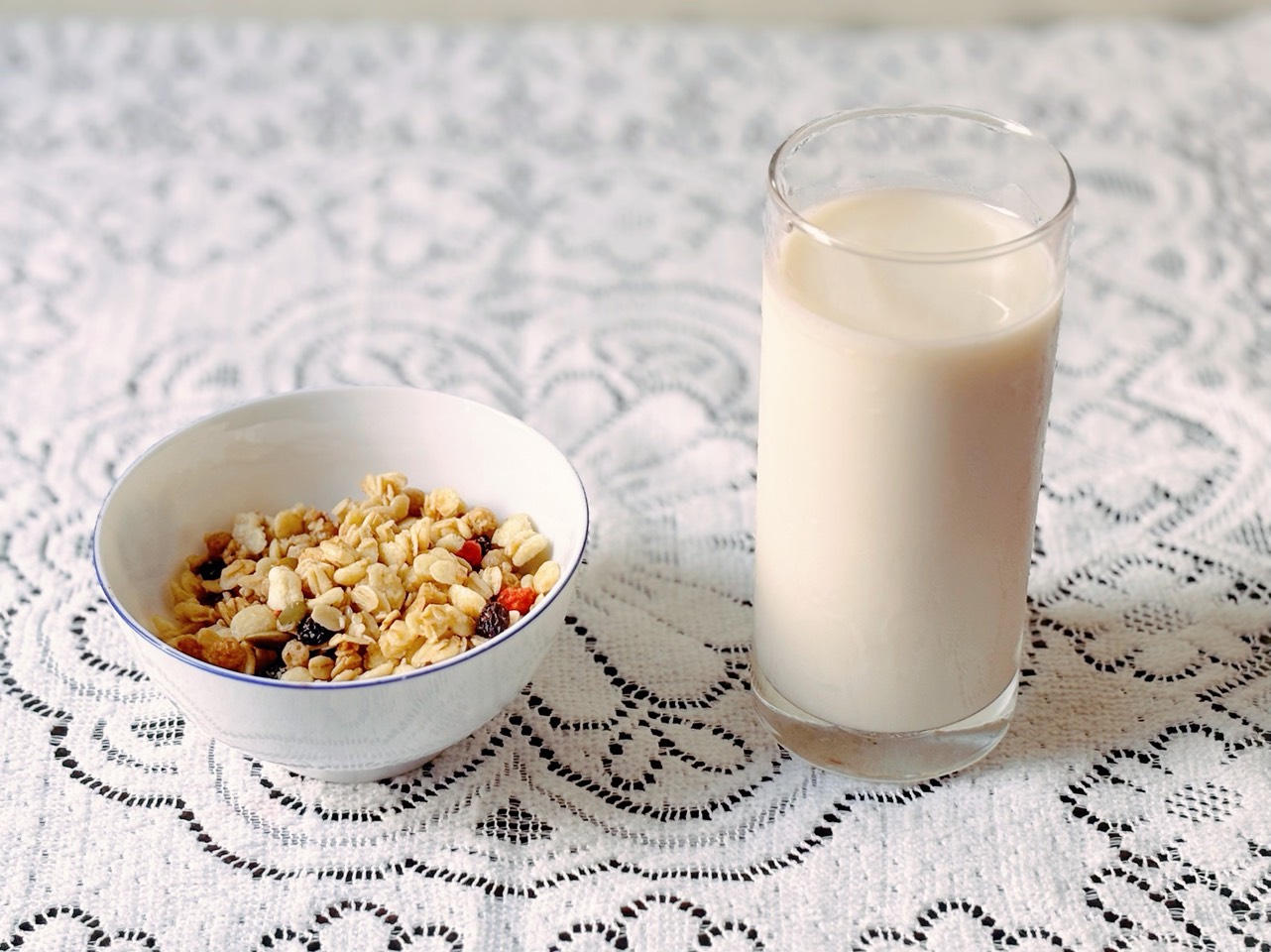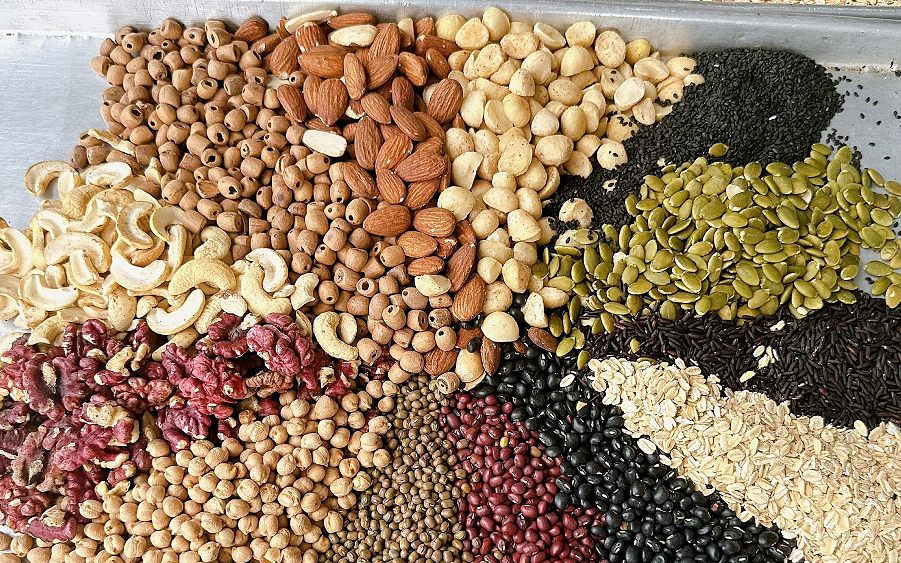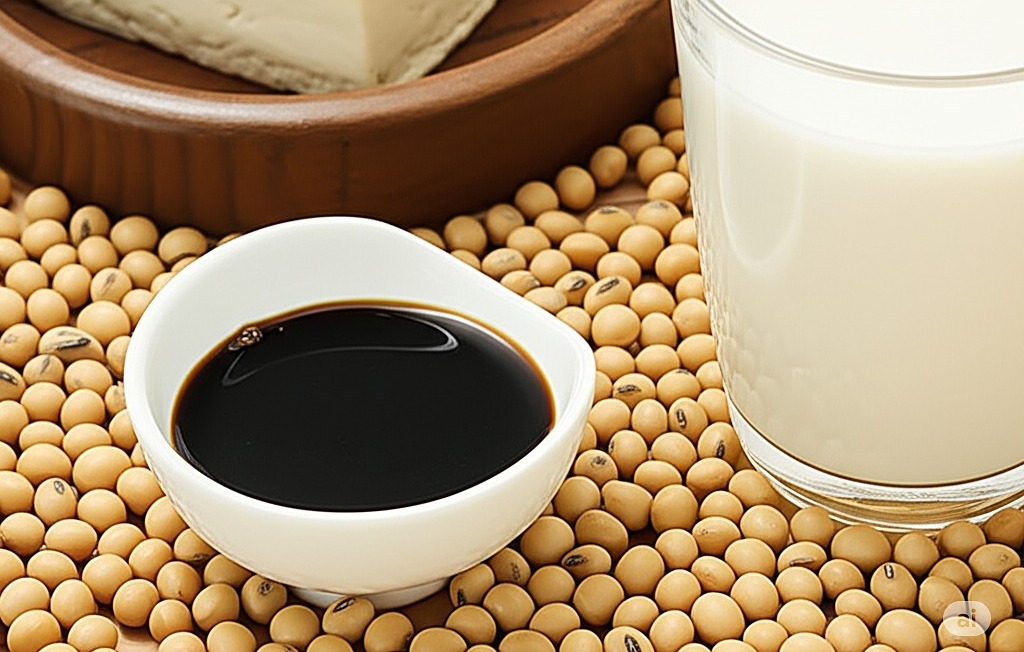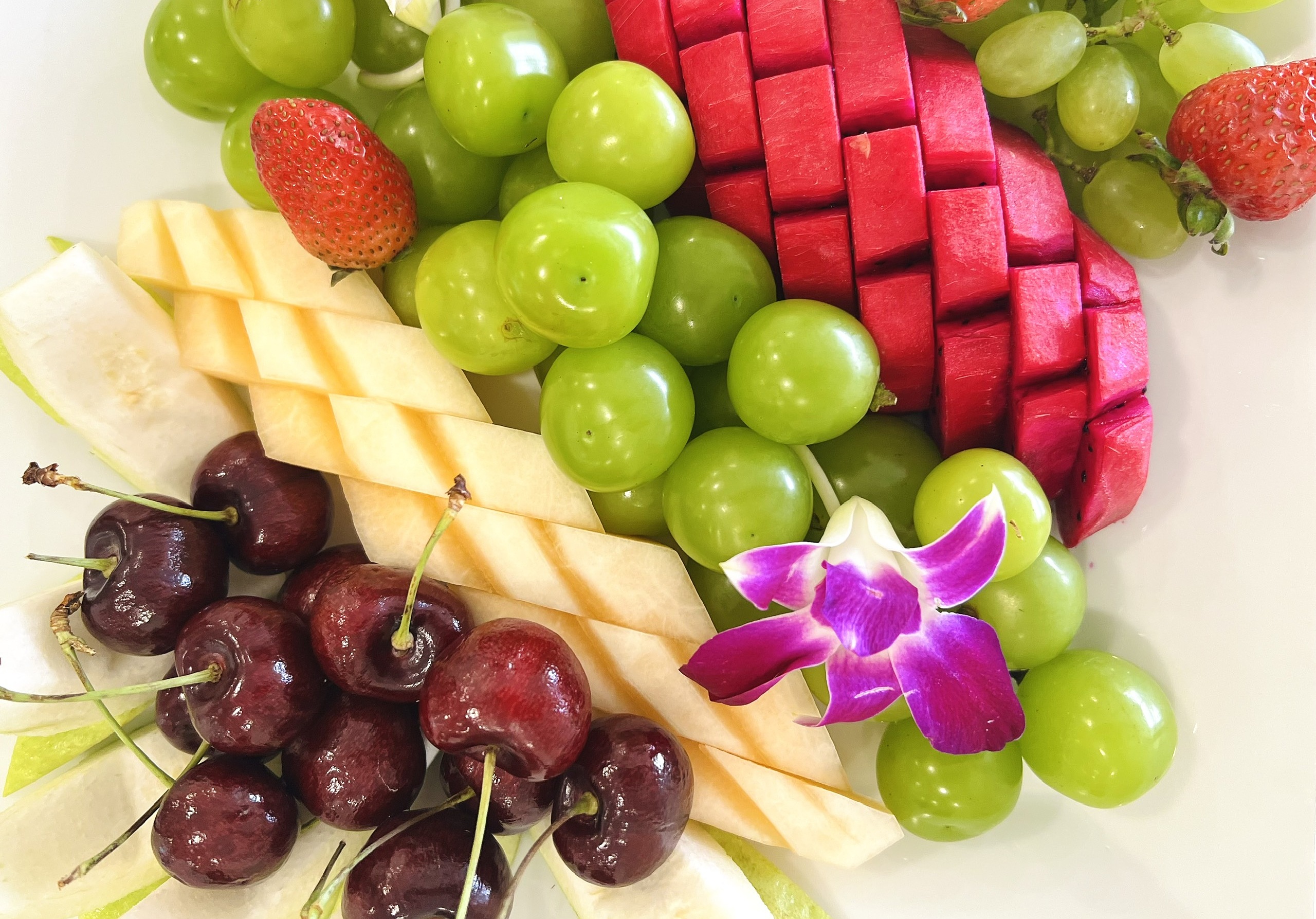 |
The gallbladder is a small, pear-shaped organ located beneath the liver. It stores bile, a fluid produced by the liver that aids in fat digestion. Several issues can affect the gallbladder, including inflammation and blockage by gallstones. A healthy diet can help prevent gallbladder problems and maintain overall health.
Whole grains are rich in fiber and heart-healthy fats, and they promote blood sugar control, which is a risk factor for gallstones. Fiber also promotes regular bowel movements, aiding digestion and reducing the burden on the liver.
 |
Nuts are rich in monounsaturated and polyunsaturated fats that can help prevent gallstone formation and reduce the risk of gallbladder disease. Monounsaturated fats can help the gallbladder contract and expel bile more efficiently, regulating cholesterol and triglyceride levels. High levels of these fats in the blood are linked to an increased risk of gallstones.
 |
Soybeans are rich in plant-based protein, which helps reduce cholesterol and saturated fat intake, lessening the burden on the gallbladder and limiting symptoms like bloating and indigestion caused by gallstones. The antioxidants in soybeans can protect the body from cell damage and support liver and gallbladder recovery.
 |
Fruits are nutrient-rich, and their fiber content helps speed up digestion and reduce bile acid production. Citrus fruits, such as grapefruit, are rich in vitamin C and can help prevent gallstone formation.
 |
Coffee, rich in caffeine, can promote regular bowel movements, stimulate gallbladder contractions, and reduce cholesterol levels in bile. Drinking coffee can lower the risk of gallstone formation. Adults can consume 3-4 cups of coffee per day, but should limit intake after 4 PM.
Anh Chi (According to Health)
Photos: Bao Bao, Anh Chi












